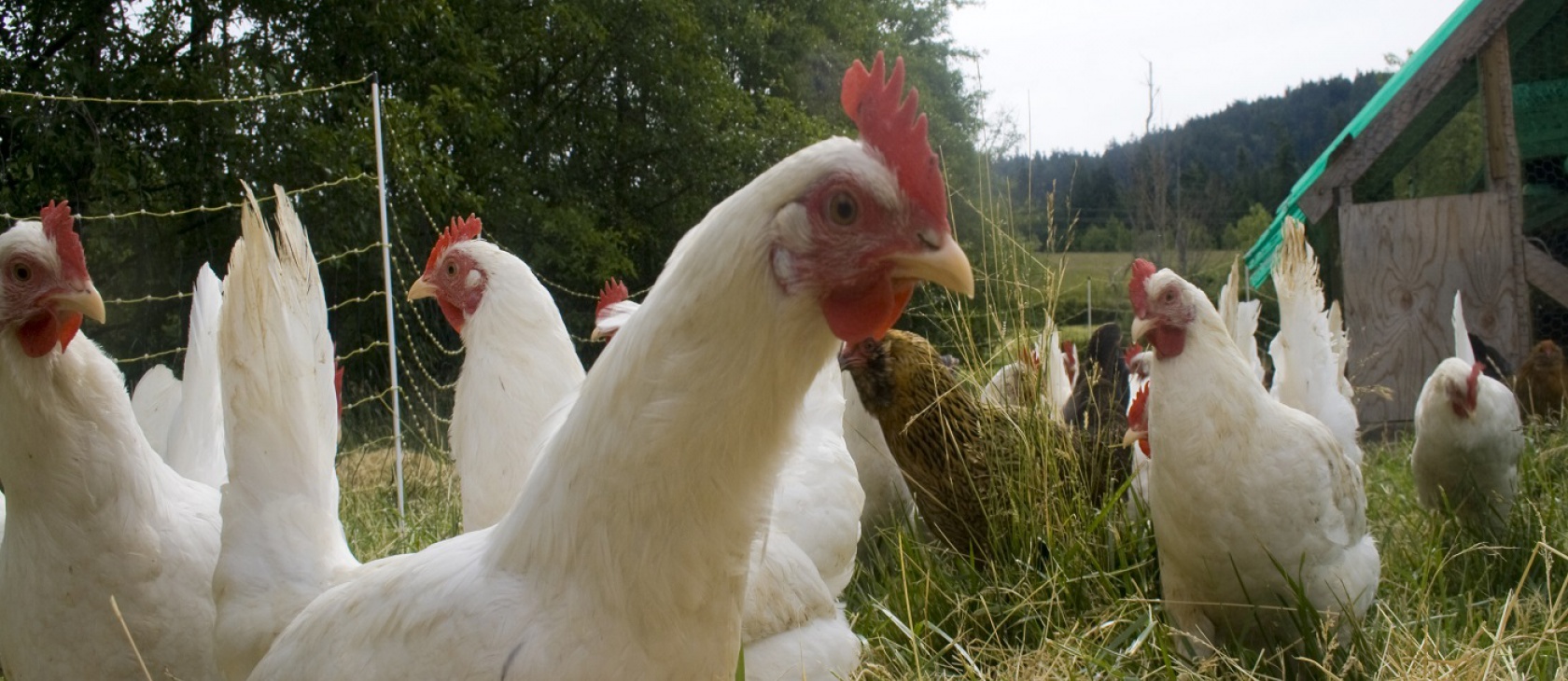An unusual debate – over chlorinated chickens, of all things – is showing how Brexit and free markets can lead the UK and the developing world to greater flourishing.
The debate has been brewing for years. In the United States, chickens are decontaminated with chlorine. The EU banned spraying or washing poultry with chlorine in 1997, citing health concerns. Although these health concerns have since been put to rest, their lingering memory – and the quasi-immortality of government regulations – mean that there is still a ban on U.S. chicken.
This reached a head as UK trade secretary Liam Fox came to Washington, D.C., this week to begin preliminary talks about a post-Brexit trade deal with the U.S. President Trump is so taken with the notion of supporting the UK’s decision to leave the EU that he tweeted this morning he envisions “a major trade deal with the United Kingdom.”
Trump, no fan of unrestricted free trade, further admonished Brussels, “The E.U. is very protectionist with the U.S. STOP!” And he certainly has a point. The ban on U.S. poultry has come up in previous trade deals with Europe and is certain to do so again.
In the UK, a row has begun about importing “chlorinated chickens” which pose a threat to European health and welfare, the Green lobby clucks.
However, the Adam Smith Institute has debunked the notion in a new study by Peter Spence.
Actually, the EU’s advisors discredited the reasoning behind the ban. The European Food Safety Authority (EFSA) concluded in December 2005 that the “processing of poultry carcasses … with trisodium phosphate, acidified sodium chlorite, chlorine dioxide, or peroxyacid solutions, under the described conditions of use, would be of no safety concern.”
There is roughly as much chlorine in a whole chicken as there is in one glass of water. To pose a health hazard, someone would have to eat five percent of his body weight – about three chickens a day, everyday, for an extended period – Spence writes.
Nonetheless, a coalition of environmentalists and farmers averse to U.S. competition have agreed to stand guard, to keep Fox from bringing in more chickens. The British Poultry Council, which represents the domestic poultry industry, generously opposed “any compromise on standards” of imported chickens, adding, “A secure post-Brexit deal must be about Britain’s future food security and safety.”
Evidence suggests that health is one of the primary benefits of importing U.S. poultry. The chlorine decontamination process reduces salmonella in U.S. chickens to just two percent. “EU chicken samples typically have 15-20% salmonella,” the Adam Smith Institute states.
American Farm Bureau Federation’s chief economist Bob Young told British radio this morning, “If somebody thinks that we’re in this to come up with some system to poison the UK consumer that’s just hogwash, and you know that’s hogwash.”
The capitalist system discourages killing one’s consumers, if not out of respect for their human dignity, then out of self-interest. As Ludwig von Mises wrote, the free market “forces all those engaged in production to the utmost exertion in the service of the consumers. … He who best serves the consumers profits most and accumulates riches.”
The British consumer will also profit from the arrangement. U.S. poultry costs 78 percent of the price of chickens sold the European Union, and 79 percent of poultry in UK grocery freezers, Spence writes.
Using extant data, a rough estimate means that imported U.S. chicken could save consumers as much as £840 million, or more than $1 billion U.S. every year. (See below.) The savings means that families in need can afford to consume more calories of a healthy, lean protein. Middle class families can spend the remaining portion of their income on other household needs or put it into savings.
But, as Fox said in a speech at the American Enterprise Institute, chlorinated chickens are one minor detail of the U.S.-UK free trade deal. Brexit will allow the UK to leave the EU customs union, including its Common Agricultural Policy (CAP), which imposes an 18 percent tariff on most agricultural goods. That gives British citizens the opportunity to enjoy a wider variety of less expensive food. Many of these will be grown in the developing world, as former Tory leader Ian Duncan Smith noted during a previous speech to a U.S. think tank, helping the world’s most distressed farmers grow a sustainable industry.
To some, the 21-cent-a-dollar difference may be chicken feed, but to the world’s poorest people, it may be the difference between life and death.
Methodology: The UK consumed 1.27 billion chickens in 2013 mostly from the UK and Europe, according to the British Poultry Council. Another source reports that “the average cost of a whole chicken weighing a minimum of 1.35kg from four of the leading supermarkets is £3.15.”
(Photo credit: woodley wonderworks. This photo has been modified for size. CC BY 2.0.)




